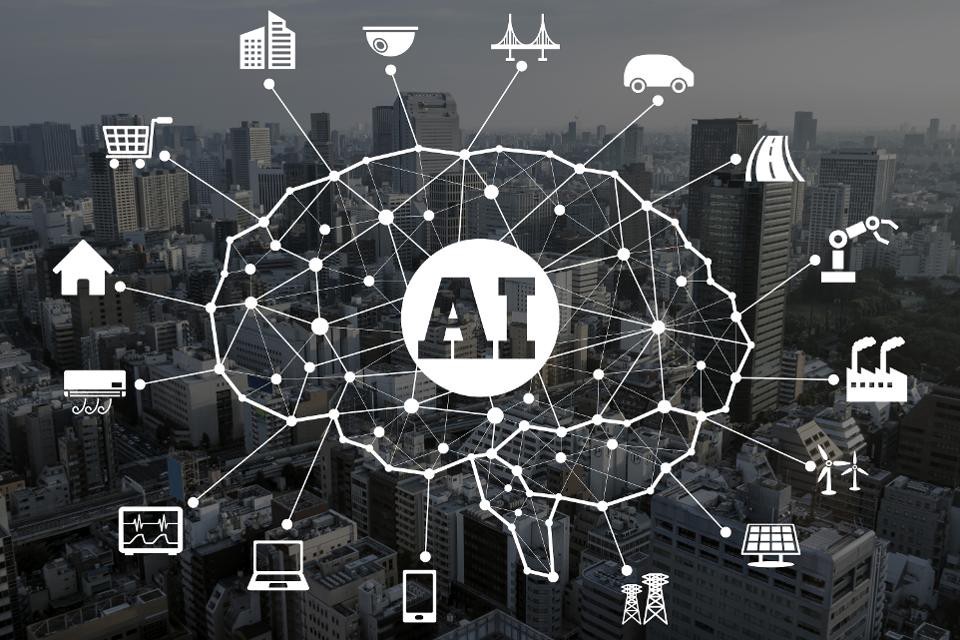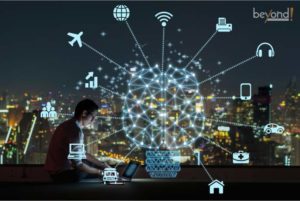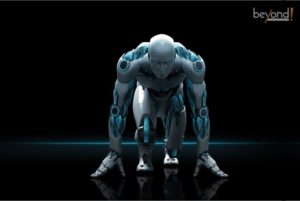Four Industries AI is Changing
The 10 Most Promising Artificial Intelligence Businesses in 2020

In this day and age where virtually everything is run by technology, the mantra
“innovate or die” has never been more apparent. As a matter of fact, current
circumstances have not only ushered in, but even required the
speedy adoption of different disruptive technologies – especially artificial
intelligence (AI). After all, AI has proven itself to be effective in
combatting the pandemic and easing the burdens brought on by the current global
health crisis. To gain a better understanding of the extensive impact this
disruptive technology has on various sectors, let’s take a look at four different
industries that are being changed by AI:
Petroleum
The petroleum industry is considered one of the largest sectors across the
globe. The oil and gas drilling sector alone amounts to approximately $3.3
trillion and makes up 3.8% of the $86 trillion global GDP. According to Beyond
Limits CEO AJ Abdallat, AI is a natural fit for this gigantic industry, thanks
to its ability to remove
friction from port scheduling operations. With cognitive AI, businesses
would be able to track tankers, determine when they leave port, where they’re
going and how much petroleum or LNG they are transporting. In the UK, the Oil
and Gas Authority (OGA) is also using AI to create
and analyze the country’s first oil and gas National Data Repository
(NDR). The NDR contains 130 terabytes of geophysical, infrastructure, field and
well data – all of which can be used to perform simulations and interpret
results.
Healthcare
If there is an industry that is taking the brunt of the ongoing crisis it is
healthcare. Fortunately, it is also one of the industries in which disruptive
technologies have endless possibilities. Take, for instance, AI: as of the
moment, this technology is being used to predict outbreaks, determine high-risk
patient groups, automate diagnostic tests and improve the speed and accuracy of
treatment. AI is also being used to develop
applications that people can use as the first point of contact when
they are sick. Usually designed to answer the patients’ questions about their
symptoms 24/7, these apps provide free and instant medical advice and allow
patients to book a video consultation with a physician if necessary.
PCB manufacturing
As an industry that is expected to reach an
estimated $89.7 billion by 2024, the involvement of AI in the process
of making PCBs is not surprising. After all, the process of designing and
manufacturing PCBs can be extremely complicated. Using PCB routing
software, designers must take manufacturing tolerances, ASME standards, IPC
standards, and materials into account. With AI, the tedious and overly
intricate process of designing PCBs can be passed on to auto-routers.
AI-powered auto-routers take inspiration from previous trends to determine
where to place the silicone route. While such tools are still in their
formative years, many people within the PCB manufacturing industry are hopeful
that in a few years’ time, they will be able to automate most of the circuit
design requirements across various industries.
Robotics
A lot of people associate AI with robots. However, in reality, they are
actually two different strands of technology that can potentially develop
extremely useful devices when combined. For instance, artificially intelligent
robots are now being used to deliver better customer service and perform custom
tasks based on their specific application, such as small-scale agriculture.
Additionally, aside from serving as the brain of the robots, AI is also being
utilized in robotic assembly and packaging for complex manufacturing sectors
like aerospace. While the possibility of robots replacing over 50% of all jobs
is still an apparent fear for many, some experts and economists believe that it
is highly unlikely for it to completely happen. Instead, they expect this
revolutionary technology to change up
the skills employees need and the tasks they have to do.














